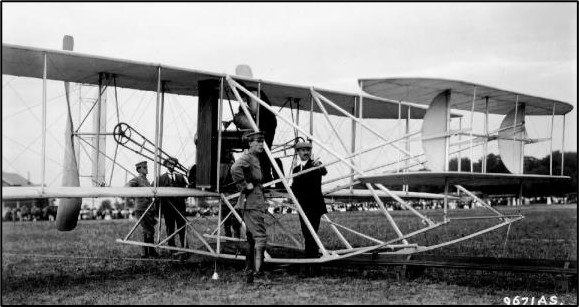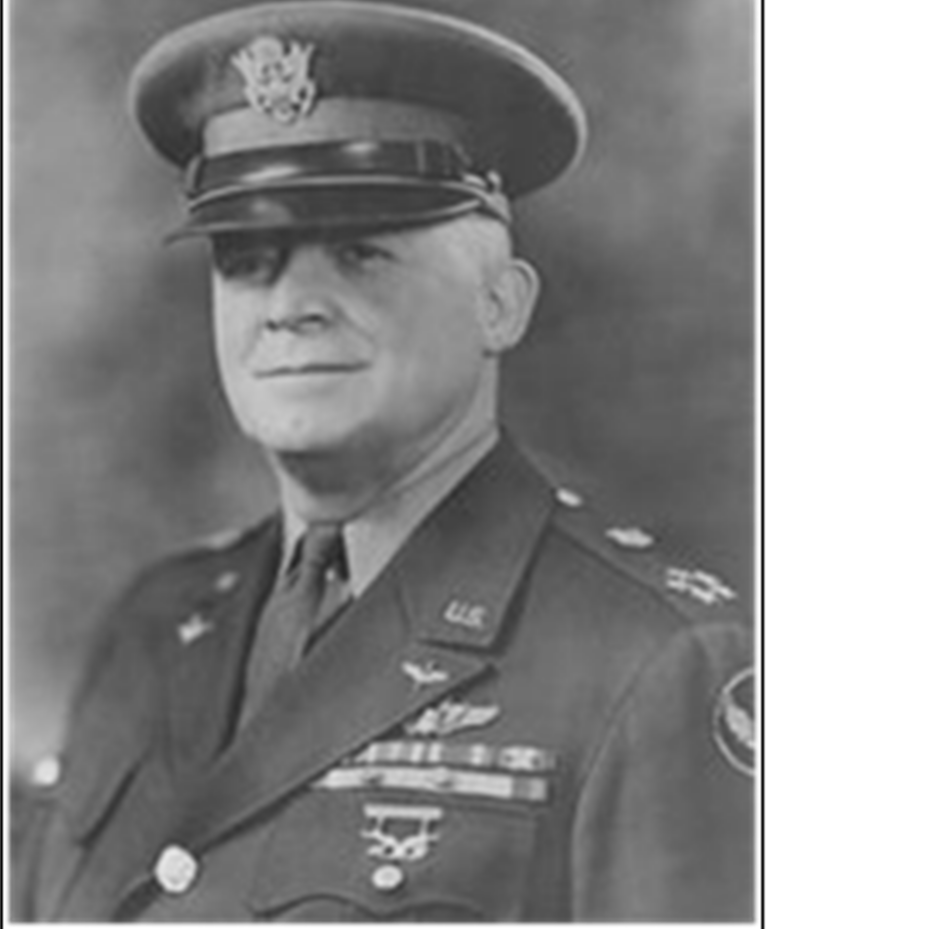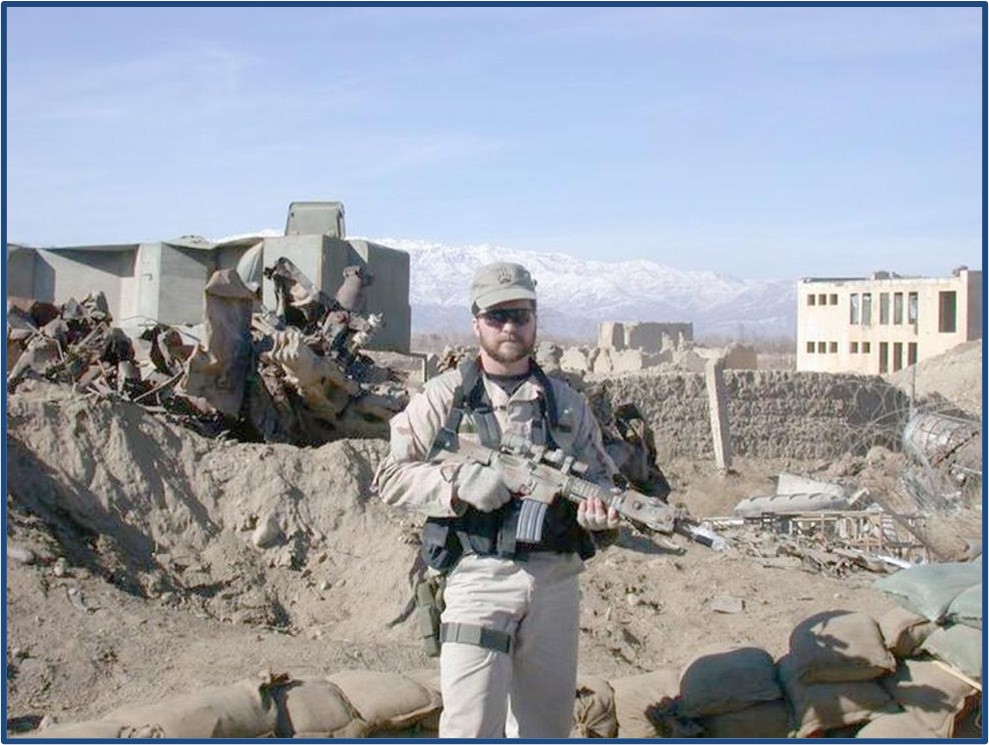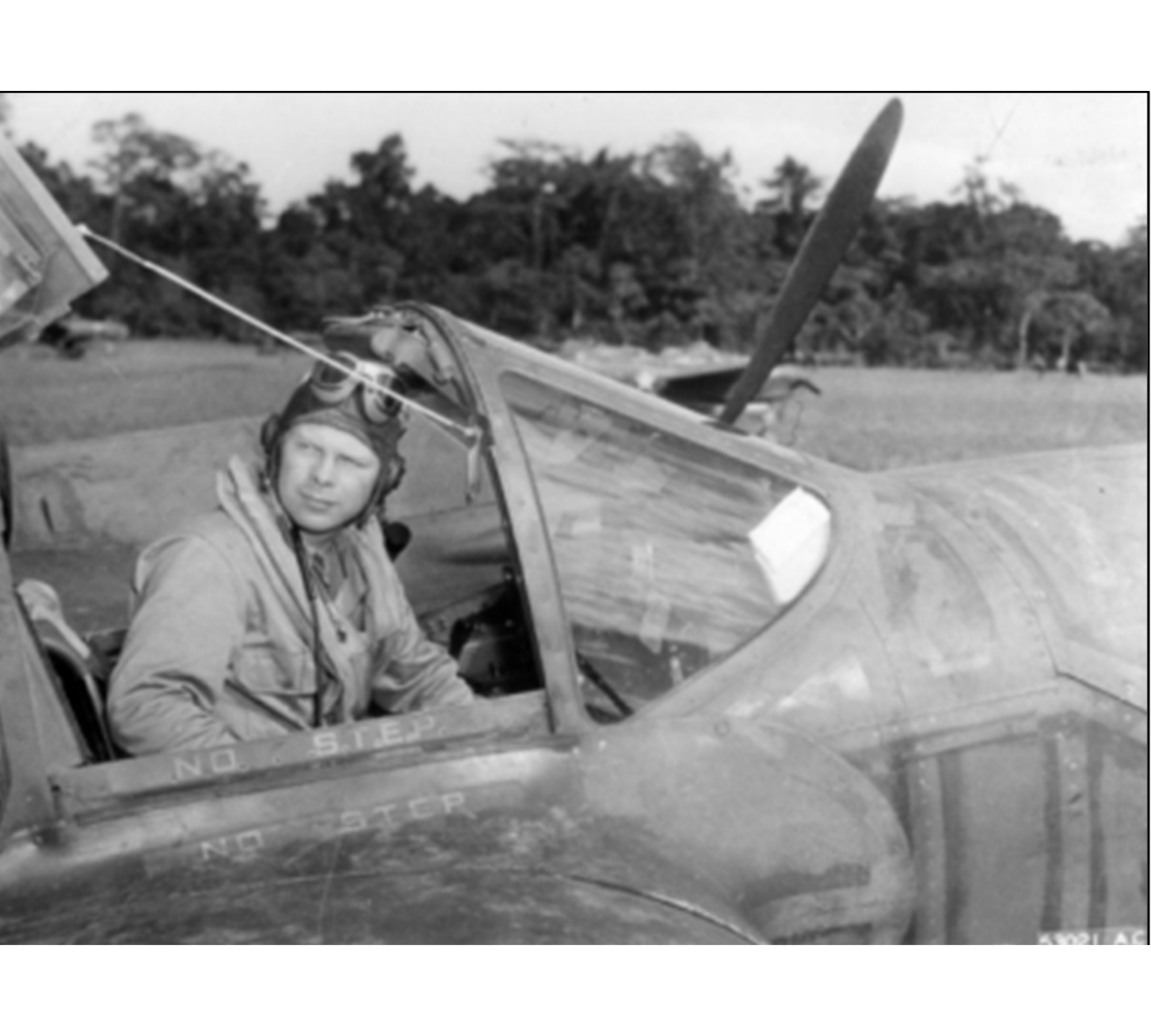CHAPTER 12: Heritage
ORIGINS OF THE U.S. AIR FORCE
The Air Force traces its roots to 1 August 1907 when the U.S. Army Signal Corps created an Aeronautical Division to “have charge of all matters pertaining to military ballooning, air machines, and all kindred subjects.” The Aeronautical Division acquired its first aircraft, the Wright Military Flyer, on 2 August 1909. Purchase price was $30,000. Through a succession of changes of organization, titles and missions, the Air Force advanced toward eventual independence from the Army 40 years later:
Aeronautical Division, Signal Corps (1 August 1907 – 18 July 1914)
Aviation Section, Signal Corps (18 July 1914 – 20 May 1918)
Division of Military Aeronautics (20 May 1918 – 24 May 1918)
U.S. Army Air Service (24 May 1918 – 2 July 1926)
U.S. Army Air Corps (2 July 1926 – 20 June 1941)
U.S. Army Air Forces (20 June 1941 – 18 September 1947)
U.S. Air Force (18 September 1947 – Present)

Wright Military Flyer
Did you know?
On 18 April 1942, led by Lt Col James Doolittle, 16 Army Air Forces B-25s took off from the aircraft carrier USS Hornet in the first bombing raid on Tokyo.

GENERAL OF THE AIR FORCE
General of the Air Force
Henry “Hap” Arnold
Henry H. “Hap” Arnold commanded the U.S. Army Air Forces during World War II. Though he retired before the Air Force became a separate service, in 1949 Congress changed Arnold’s rank from General of the Army to General of the Air Force. He remains the only Air Force officer to hold five-star rank.


MEDAL OF HONOR
The Medal of Honor is the highest military decoration awarded by the United States government. It is bestowed by the President, in the name of Congress, upon members of the United States Armed Forces who distinguish themselves through "conspicuous gallantry and intrepidity at the risk of his or her life above and beyond the call of duty while engaged in an action against an enemy of the United States." Since it became a separate service, 19 airmen have been awarded the Medal of Honor, 4 from the Korean War, 14 from the Vietnam War and 1 from Operation Enduring Freedom.

